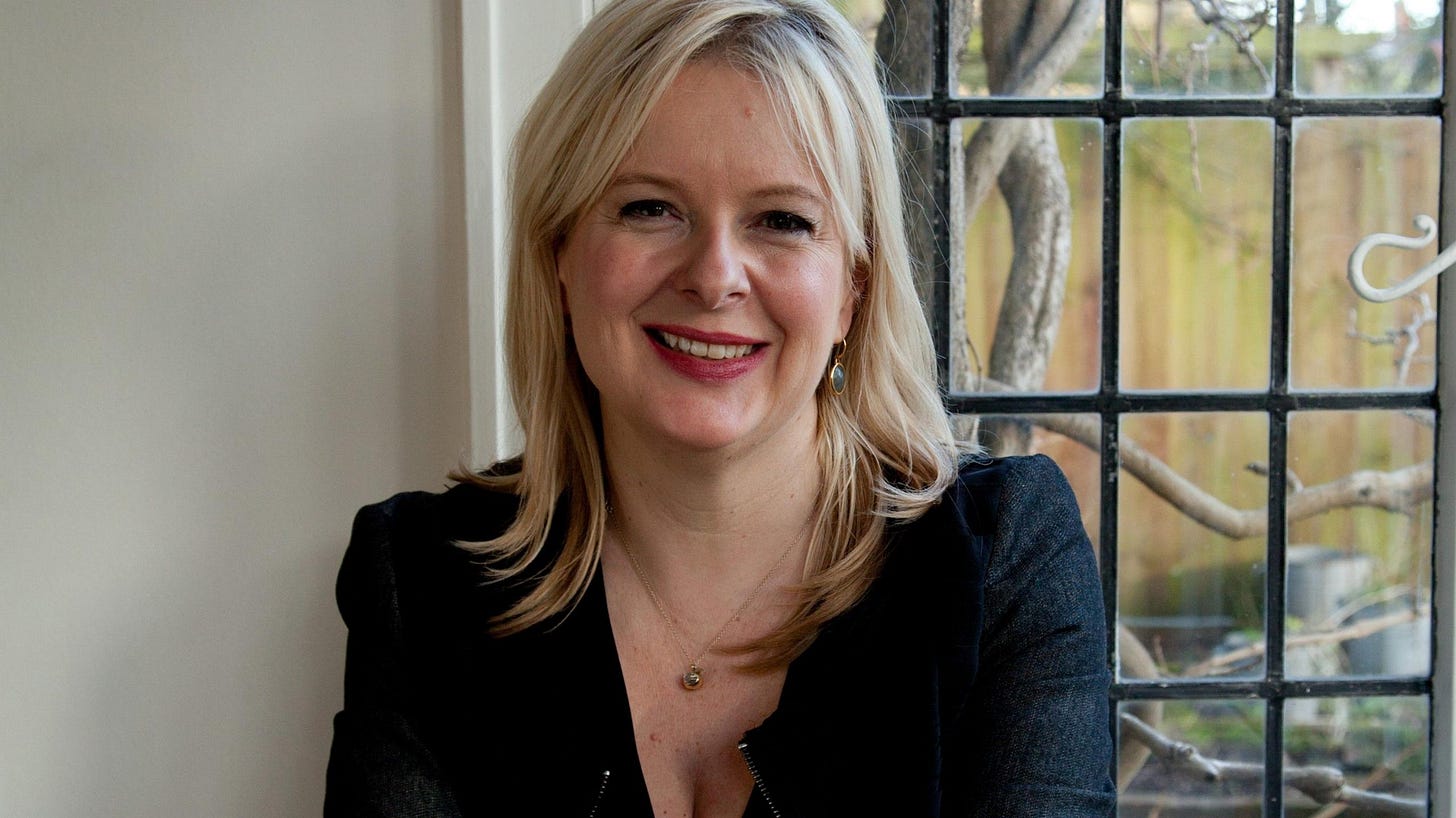With a resume that boasts several of the most reputable and widely read newspapers in the country, from the Independent to the Telegraph to the Daily Mail to the Financial Times, Allison Pearson is one of the most prolific writers in British journalism. She has also worked as a presenter for Channel 4 and BBC Radio 4 and, in 2002, she published the four-million-selling novel I Don’t Know How She Does It.
So why did we invite her on?
Despite her remarkable CV, Allison might be a relatively new figure to some, having recently found herself at the centre of a national scandal. It’s divided the papers, and Allison has received support and scorn in equal measure. We wanted to get to what mattered: the truth. And Allison was incredibly generous in sharing her side in one of her first long-form interviews since the story broke.
So what happened?
In November 2023, Allison shared a tweet regarding the pro-Palestine protests that sprung up in light of the events of October 7th. Having mistaken a photo of Greater Manchester Police officers standing alongside supporters of former Pakistani Prime Minister Imran Khan's Pakistan Tehreek-e-Insaf party for a photo of Met Police endorsing Hamas advocates on the streets of London, she captioned it as such, labelling the presumed Hamas fans “Jew haters”.
The tweet was corrected and swiftly deleted, and all seemed to be forgotten until last month when Alison opened her door to the Essex police. But what was her crime?
Well, nothing. Not only did it fail to meet the criteria of hate crime, it didn’t even qualify as a “non-crime hate incident”. So why were they there?
Allison’s is another case of what is becoming all too common in the UK:
“I’m a law-abiding citizen, I’m in my home, I have the police at my door … [I have] neighbours with cars stolen, who have had their shops broken into… the police wouldn’t come. But they were prepared to come for speech they deemed to be hateful.”
It's alarming, but when did it start? When did “non-crime hate incident” enter the lexicon? While the last year has put the concept front and centre of the free speech conversation, Allison explains how the roots go farther deeper than that, stretching back to the murder of Stephen Lawrence in 1993. Well-intentioned it may be, but have the ideals distorted over time? Has this become less about protecting the innocent, and more about acting upon grudges?




